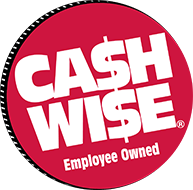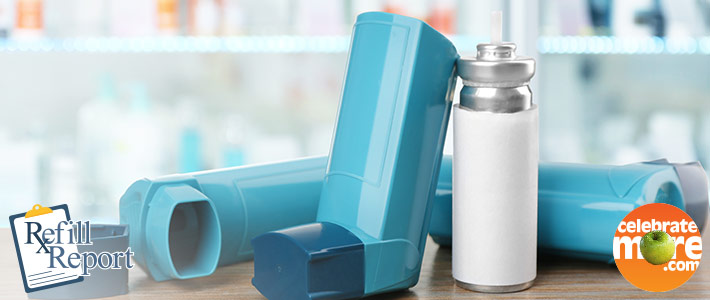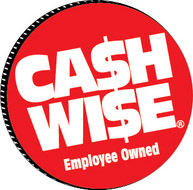Medicare Plan Selection
Greetings all. What happened to Fall, how did we go straight from Summer to Winter? Hopefully everyone is adjusting to the change in weather and being safe with the return to school for many. We have another guest blogger this month, let me introduce to you Larissa.
Hi everyone, my name is Larissa Yehle, I am the current Community Pharmacy Resident with Coborn’s and I wanted to talk to you this month about Medicare open enrollment because it is that time of year again– open enrollment for Medicare.
What is Medicare anyways? Medicare is a federally-funded health insurance program. Eligibility requirements for Medicare are below;
- Must be an American citizen living in the USA 65 years of age or older.
OR - Under 65 years of age with one of the following conditions.
- Receive Social Security disability insurance for at least 24 months
- Have End-Stage Renal Disease
- Have amyotrophic lateral sclerosis (ALS)
- Receive Railroad Retirement Benefits
We know picking a plan can be stressful and lead to sleepless nights and big headaches. There are several different options and so many different terms, which becomes overwhelming in a matter of seconds. It DOESN’T have to be this year though, let us help you! Coborn’s offers a user-friendly, plan selection resource on the Coborn’s pharmacy webpage (www.medicareusa.com/coborns). This tool helps guide you into selecting the plan that is best for you. The website can actually auto-populate with your specific drugs that you are on with the use of your unique Customer ID. You can get your unique Customer ID by calling us at the pharmacy or using the 1-800 number listed on the website.
With the use of your ID, you can compare, buy, and save on Medicare Advantage and Part D plans right on the website. It does a great job at explaining the different terms and type of plans available, and even has 1 on 1 support available to each of you when needed. We value your business and loyalty and want to make sure you are informed of the ins and outs of the different Medicare plans. Unfortunately, in the past, there have been times where a patient does not realize that based on the plan they chose, they can no longer fill their prescriptions with their preferred pharmacy. There are certain restrictions on some of the plans available and we want to ensure that you can continue to use Coborn’s pharmacy based on the insurance plan you choose.
Feel free to ask any pharmacy member for more information on the Medicare Plan Selection resource.

























